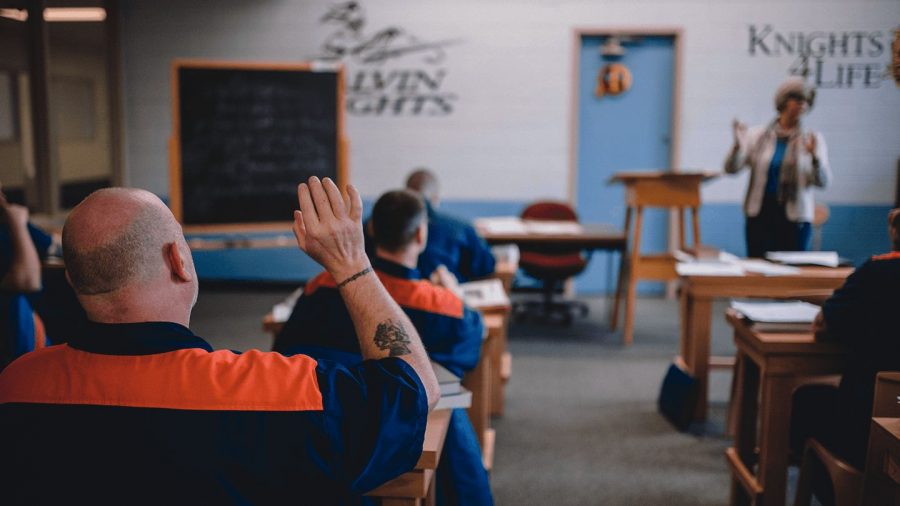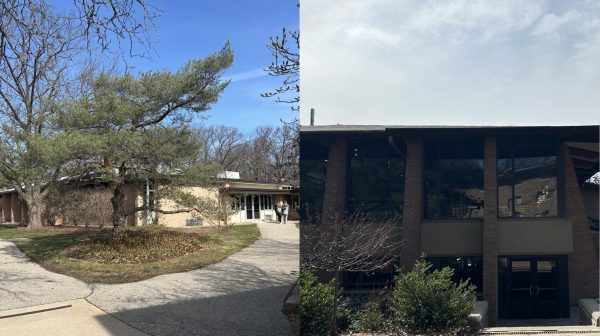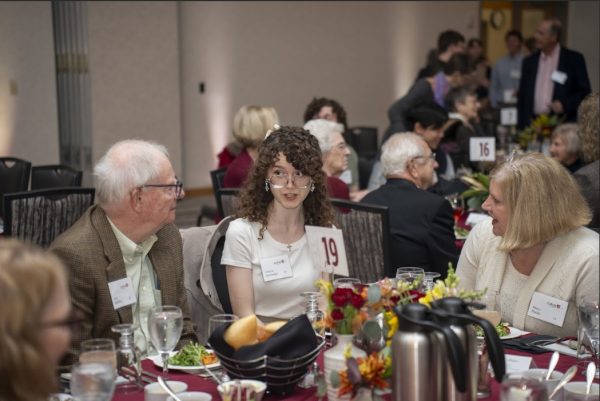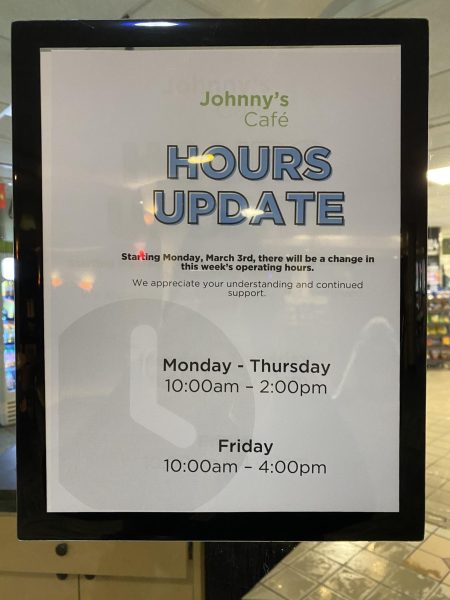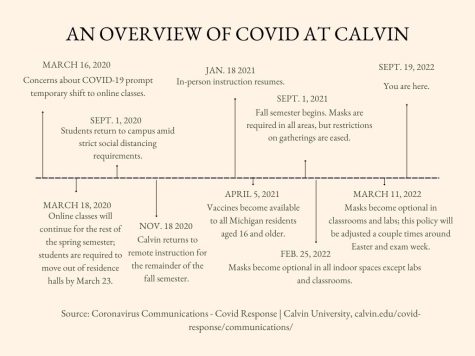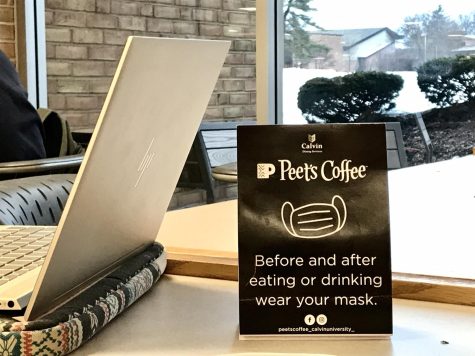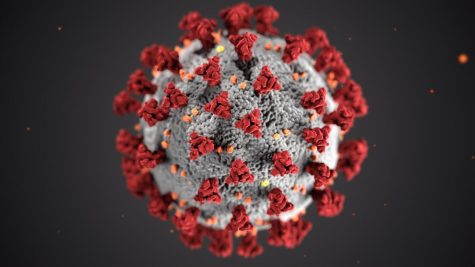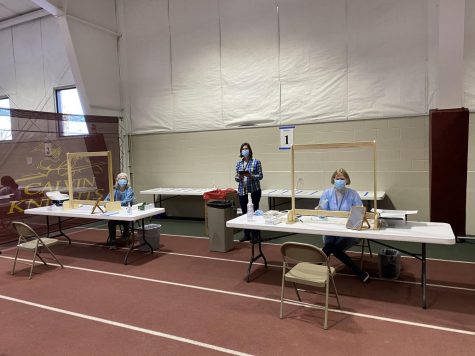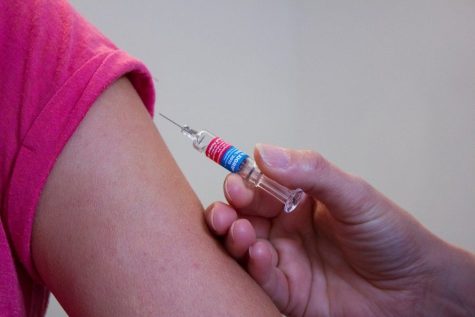How Calvin Prison Initiative students’ educations are affected by COVID-19
Calvin faculty and staff and MDOC are working to keep the Calvin Prison Initiative running during COVID-19.
As Calvin students on the Knollcrest campus are adjusting to online courses, so too are the Calvin Prison Initiative (CPI) students at Handlon Prison.
Stacia Hoeksema, a social work professor teaching SOWK 370 at CPI, remarked, “It does add an extra layer to say, ‘Let’s go online,’ when [CPI students] don’t have access to the internet.” Andrew Haggerty, a co-professor of EDUC 302 at CPI, echoed Hoeksema, noting the challenge of not interacting with students in real time and waiting several days for digitally transferred information.
Hoeksema and Haggerty commended the CPI staff, Michigan Department of Corrections (MDOC), and the prison warden for working hard to make the program continue as efficiently as possible.
Director of Operations of CPI Kary Bosma said, “The main difference is that CPI students do not have internet access, a luxury which allows Knollcrest students to utilize virtual classroom and chat features to connect with professors.” Visitors and volunteers are no longer allowed inside Handlon Prison, so material is sent to CPI staff who send it to the prison on a travel drive.
Students return assignments in this format. According to Bosma, this digital system has been utilized for several years, and “the prison administrators have graciously been facilitating the transfer of files, which has allowed the semester to continue with minimal disruption.”
Haggerty mentioned the changes to assignments that needed to be made to his course because of the limited interaction between professors and students and students themselves. Adjustments included focusing on essential and practical elements of the course that will benefit students who continue the CPI or graduate.
For Hoeksema, the greatest loss for this new system is direct contact, as she said, “The learning is continuing, but there’s so much that happens in human interaction that is lost.”
Hoeksema sent an email asking students to fast-track interviews in case someone tested positive. Hoeksema spoke highly of the students and their diligence to work. “I’m just so thankful I had the opportunity to build relationships with those guys for half of a semester.”
Even though Haggerty mentioned the isolation that can occur for CPI students, as he noted, “Their lives are already incredibly restricted and disconnected, and the quarantine only sharpens those characteristics,” Hoeksema and Bosma mentioned how students are coming together during this time.
The SOWK 370 class is practical for students as they are hoping to contribute to a peer mentoring program for vulnerable populations within the prison. With the absence of outside visitors, Bosma noted how CPI students have stepped into leadership roles. “CPI students are leading tutoring sessions to help fellow students understand course material, since they cannot easily ask their professors questions,” said Bosma. They are also leading worship and church services while maintaining their studies. Bosma said, “Many CPI students have sent notes of encouragement, expressing their continued prayers for the entire Calvin community during this time.”
CPI students will receive their credit hours for classes assuming the semester continues as it currently is, according to Bosma.
Graduation scheduled for May 11, however, has been postponed due to COVID-19 guidelines. MDOC is taking measures to minimize the opportunity of COVID-19 being introduced to the prison as employees are being screened and cleaning practices have increased.
According to the MDOC, there are currently no reported cases of COVID-19 at Handlon Prison, and, along with a team of on-site medical staff, “they have very clear protocols for viral outbreaks, as they have to manage seasonal influenza and other illnesses which make their way into facilities across the state.”



